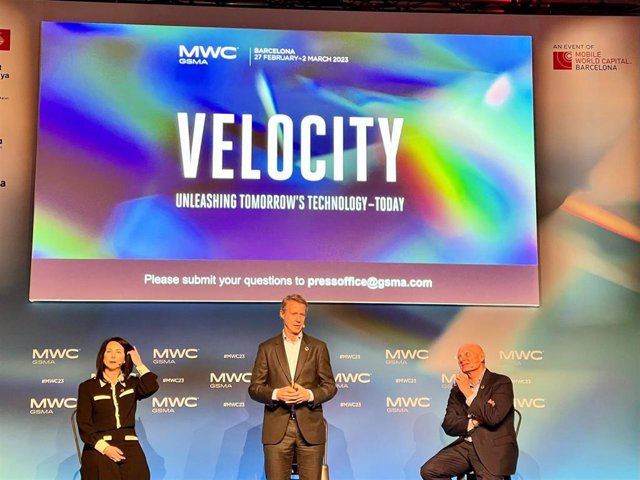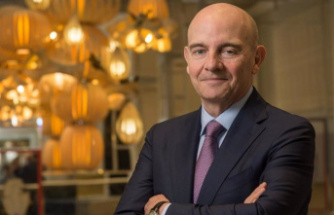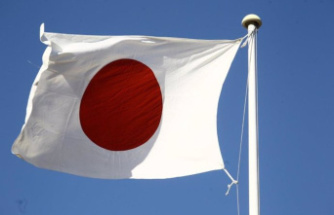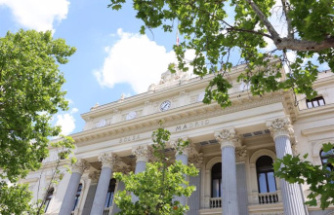The employer predicts the same impact for digital services similar to that of roaming for calls
LLOBREGAT HOSPITAL (BARCELONA), 27 Feb. (EUROPA PRESS) -
The GSMA, the employers' association of the mobile industry and organizer of the Mobile World Congress, has launched this Monday, on the occasion of the start of the congress, the GSMA Open Gateway, a framework to allow developers universal access to the functions of the operators' networks of telecommunications.
In this way, the employers' association and 21 companies in the sector, including Telefónica, Orange and Vodafone, have created a standard to open the networks and that other companies can design new functions and applications using network functions, which are valid in the infrastructure of all operators without the need for individual adaptation.
The general director of the GSMA, Mats Granryd, has compared in a statement the impact that this union of operators can have on digital services with that of roaming when it comes to harmonizing voice services.
"By applying the concept of carrier interconnection to the API economy, developers can use the technology once, for services like identity, cybersecurity or (via mobile) billing, but with the potential to integrate with all the operators in the world", pointed out the manager.
The sector has joined forces so that the Mobile World Congress, which will last until Thursday, serves as an example for the world of the possibilities of these developments, which will open up new ways of monetizing the asset to 'telecos' and the possibility of offering New services.
According to a statement from the GSMA, the event will be able to test uses derived from developments on these 'APIs' for immersive video game games, high-definition video broadcast or a higher quality network service on demand.
The president of Telefónica, José María Álvarez Pallete, already announced last week during the company's results conference the promotion of 'networks as a service' (known as NaaS by its acronym for the network) that would take place at the event.
For the manager, this opening resembles the networks to a supercomputer and prepares these assets for the increase in data derived from the 'boom' of artificial intelligence and the metaverse, with functions such as data processing "on the ground", instead of the cloud, through 'edge computing'.
The agreement has been signed by AT
For its part, the GSMA has indicated that this standard will serve to expedite the relationship between developers and 'telcos', as well as reduce the time it takes applications to reach the market.
The first eight APIs of the GSMA Open Gateway have been published in CAMARA, the open source project to give access to the capabilities of the developer network launched by the employer together with the Linux Foundation. These are related to various uses related to various uses of the SIM card or the quality of the network.
Álvarez Pallete, who also chairs the GSMA board, has stressed that this standard will be a catalyst for immersive technologies and Web3.
"Telecoms have come a long way to develop a global platform to connect everyone and everything. And now (...) mobile operators and cloud services are going to be truly integrated into a new world of opportunities" , has added.
In the case of Telefónica, it has launched its first 'early adopters' program that will include Amazon, Microsoft, Google and Vonage (part of Ericsson).
"We are focused on extending distributed cloud computing to the edge together with our carrier partners. We look forward to bringing the GSM Open Gateway to Microsoft Azure to empower developers and help carriers monetize the value of their 5G investments," he said. said the president and CEO of Microsft, Satya Nadella.
For his part, the Director of Technology for the Telecommunications Industry, Ishwar Parulkar, believes that the program represents a "significant step" to enrich the cloud development experience and considers that it will open new avenues of monetization and innovation in the industry.
Ericsson's senior vice president, Erik Ekudden, believes that the demos shown with Orange, Telefónica and Vodafone will show how this type of service is scalable between different operators and developers.













